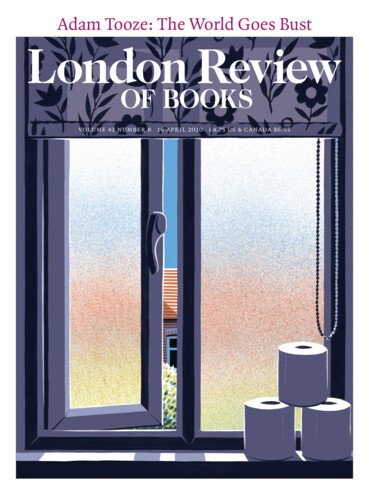How to set up an ICU
Lana Spawls, 16 April 2020
You need a good electrical supply with lots of sockets for all this equipment; even the bed needs to be plugged in so you can nurse patients in different positions. There are other logistics to consider. Secure and well-stocked drug rooms are required; a huge range of drugs is used in the most complex cases, including those critical to maintaining blood pressure, in addition to more common drugs such as antibiotics (for those with a bacterial infection on top of Covid-19), sedation, pain relief and fluids. The facility will also need to be able to run blood tests; other blood tests will have to go to a lab and doctors will want results within an hour. There needs to be a portable X-ray machine to assess the lungs and check whether ET tubes and lines are in the correct position. And so radiographers have to be on hand to perform the X-rays, as well as porters to fetch and carry blood samples, and technicians to run the lab. It has to be possible to support any other organs that are failing; in the case of the heart this might mean medication such as inotropes and if the kidneys are failing a dialysis machine. Providing all of this in an entertainment venue is a big ask.



